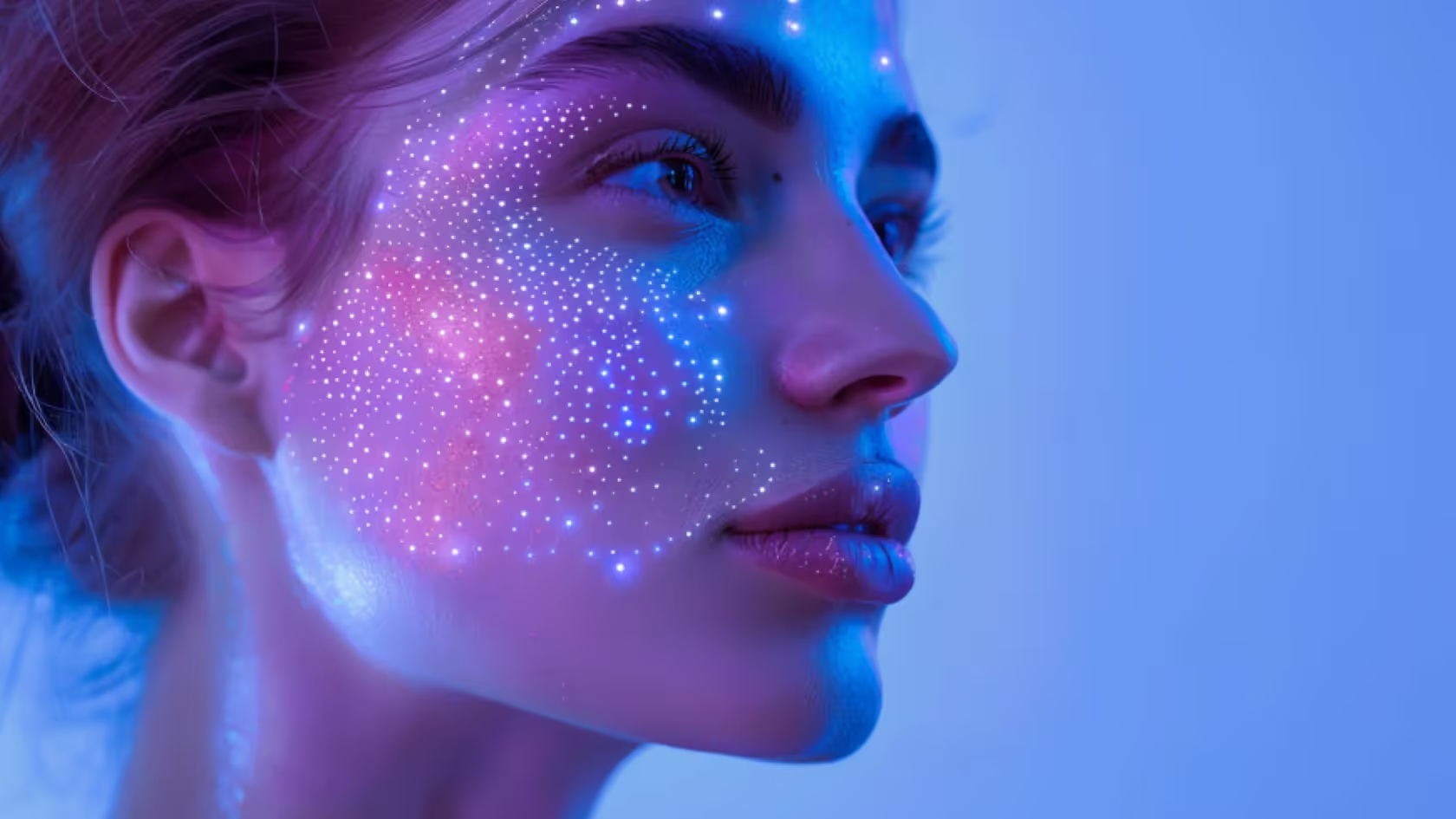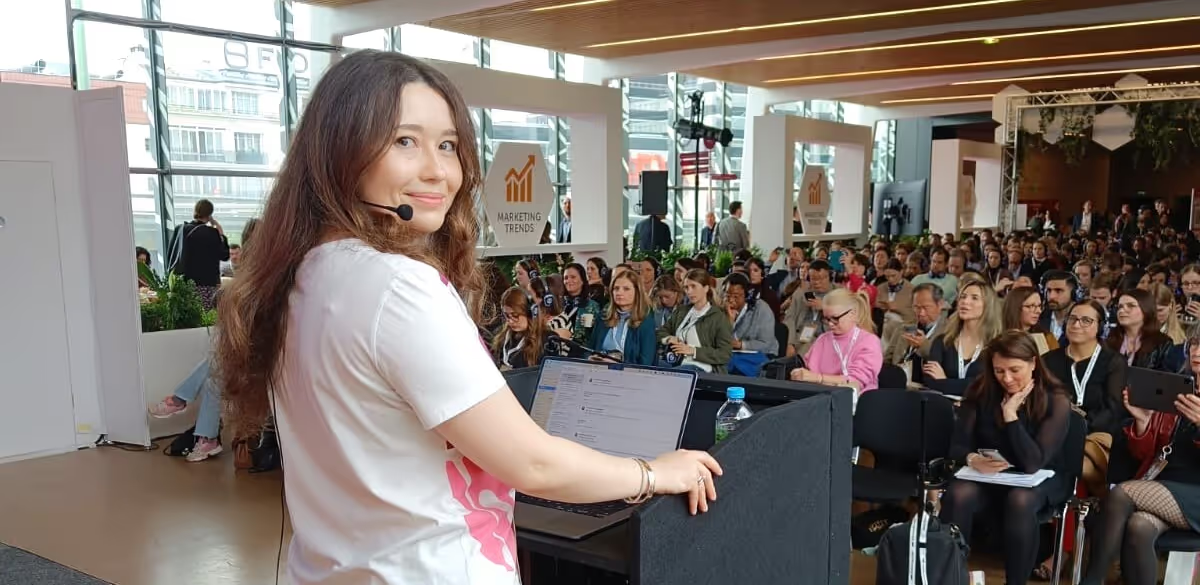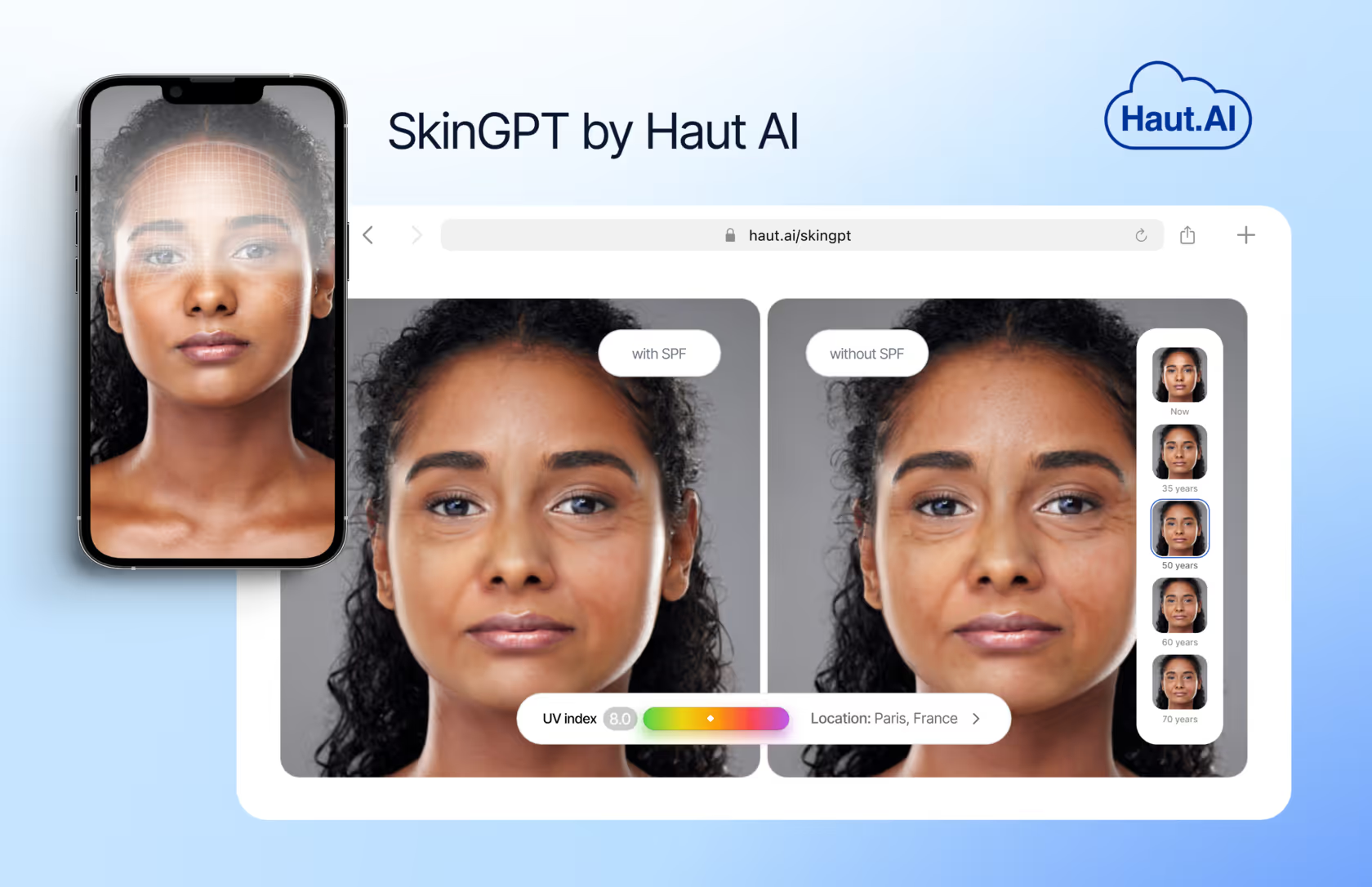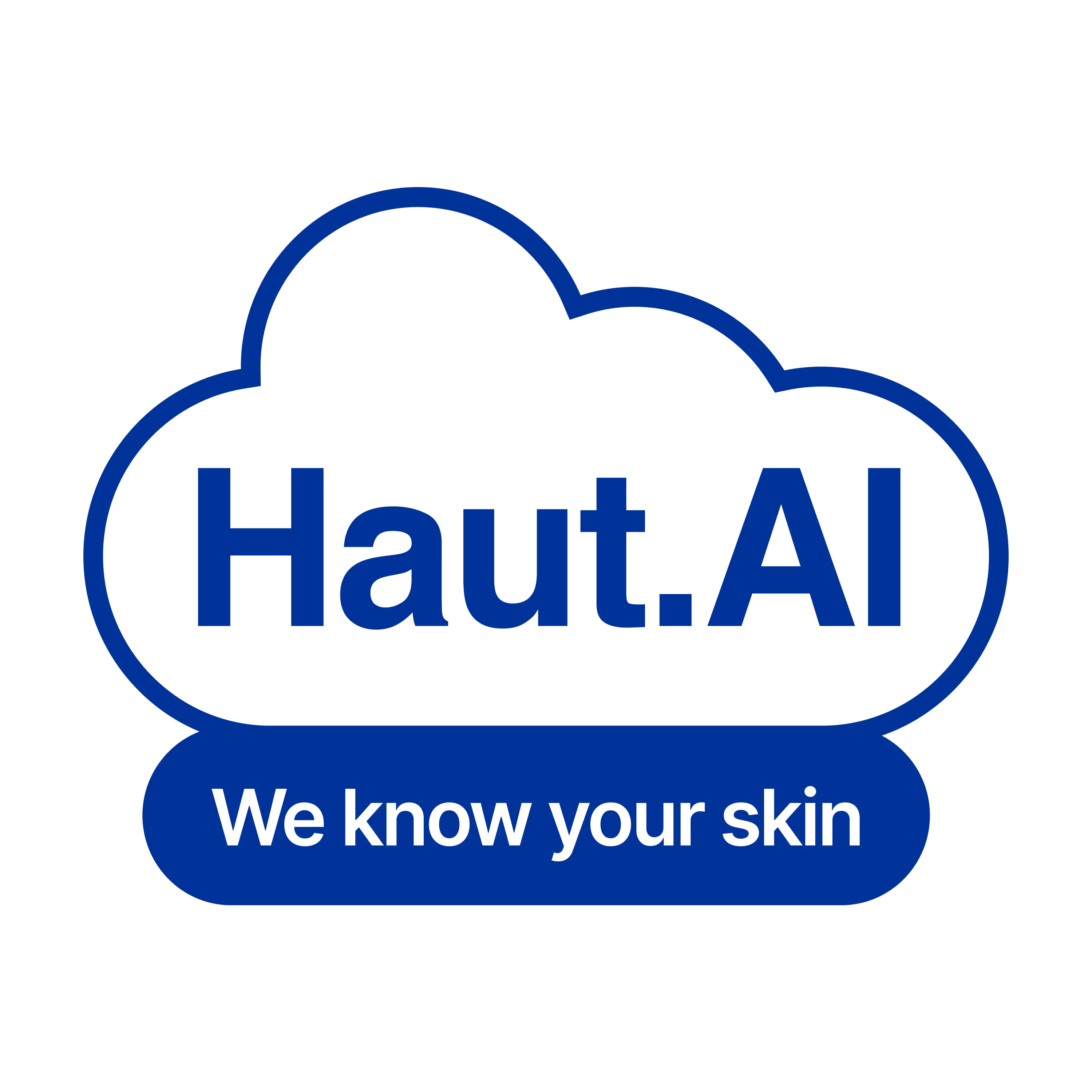
Haut.AI gifts 1-month free trial of Skin.Chat ->
Haut.AI gifts 1-month free trial of Skin.Chat ->





As artificial intelligence reshapes industries worldwide, the beauty sector is no exception. At the recent In-Cosmetics Global event, Anastasia Georgievskaya, CEO and Co-founder of Haut.AI, brought this transformation to life with compelling insights into how AI is revolutionizing beauty practices. Here, we explore the key themes from her presentation, inviting you to discover the evolving landscape of AI-driven beauty solutions that promise to revolutionize how we perceive and interact with beauty products.

Artificial intelligence has been a part of the beauty industry longer than many might realize. It began with an innovative twist on beauty contests back in 2016, when a robot was first used to judge a beauty competition, setting a precedent for AI's role in objective, data-driven assessments. Georgievskaya recalled, "If someone tells you that AI is pretty new to beauty, you now know that it has been around for more than eight years."
Since then, AI's role in beauty has significantly evolved, moving from novelty applications to becoming integral in enhancing consumer engagement and personalization. Today, AI-driven tools are commonplace, offering AI skin analysis and product recommendations that cater to individual needs. These developments have set the stage for advanced systems like SkinGPT, which push the boundaries of personalized beauty experiences further.
SkinGPT by Haut.AI is a platform designed to simulate and predict skin changes over time based on various factors including skincare product effects, environmental impacts, and individual genetic predispositions. The technology combines deep learning algorithms, generative pre-trained transformers (GPTs), and computer vision to analyze user-uploaded photos. SkinGPT applies machine vision techniques to assess current skin conditions and uses diffusion models to project future skin states, creating realistic simulations of how one's skin might age or react to different skincare products.

AI technology are here to improve the way beauty brands interact with consumers. Tools like virtual try-ons and real-time skin assessments provide immediate, personalized experiences that were previously unimaginable. But there is much more to this.
Educational Value of SkinGPT
Tools like SkinGPT have the potential to educate younger consumers about the importance of proactive skincare and empower them to make informed decisions based on predicted outcomes. This informative aspect is crucial, as Georgievskaya highlighted, "One of the most exciting applications of our AI technology is its ability to show young consumers not just the immediate benefits but also the long-term impact of their skincare habits. By using AI to simulate how their skin will age with different care regimes, we can visually demonstrate the importance of good skincare practices from a young age."
Streamlining Product Development
In addition to consumer education, AI is playing a pivotal role in streamlining R&D within the beauty sector. It enables brands to quickly analyze vast amounts of data to identify emerging trends and efficiently prototype new products. As Georgievskaya noted, "AI's predictive capabilities allow us to anticipate market demands and accelerate the product development cycle, reducing time from concept to counter." This rapid iteration satisfies consumer demand for innovation and ensures that products are relevant and timely.
Personalizing Consumer Experiences with AI
AI's influence extends to content creation, where it generates personalized marketing materials and virtual experiences that resonate more effectively with individual consumers. By analyzing consumer behavior and preferences, AI can tailor advertisements and social media content to individual profiles, enhancing engagement and loyalty.
AI and Sustainability in Beauty
Sustainability, a key concern in modern beauty practices, is also benefiting from AI integration. The technology can help to optimize resource use and supply chain logistics, minimizing waste and reducing the environmental impact of beauty products. "By leveraging AI, we are not only enhancing efficiency but are also committed to reducing our ecological footprint, making beauty a leader in sustainable industries," Georgievskaya explained.
The potential for AI in the beauty industry continues to expand. Innovations such as emotion recognition technology and advanced biometric sensors are on the horizon. These technologies promise to unlock even deeper levels of personalization and effectiveness, tailoring beauty experiences not just to the physical traits of consumers but also to their emotional states and environments.
As Anastasia's insights from In-Cosmetics reveal, the intersection of AI and beauty is just beginning to unfold. AI is not just a tool for incremental improvements but a transformative force that is reshaping the beauty industry at every level. As we continue to navigate this exciting terrain, the intersection of AI and beauty promises to deliver innovations that we are only beginning to imagine.

